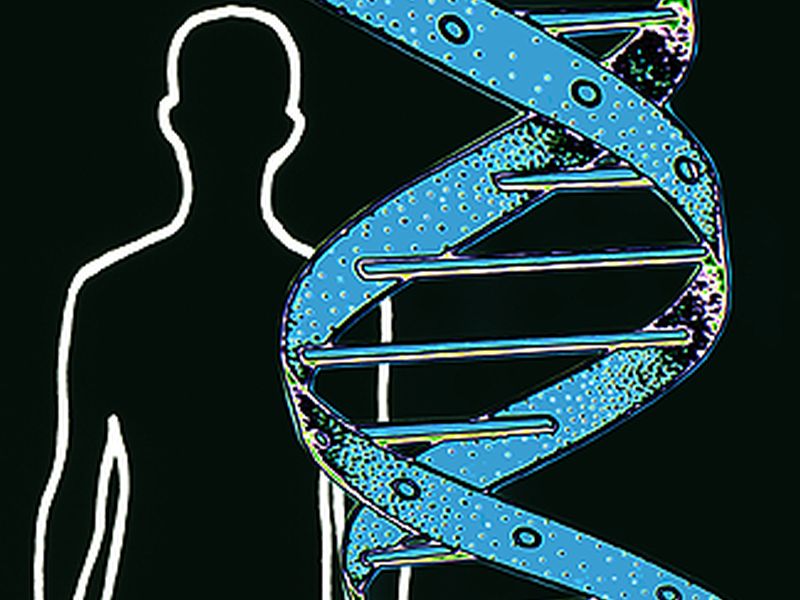Scientists Find 5 New Genes That Sway Alzheimer's Risk

FRIDAY, March 1, 2019 (HealthDay News) -- The largest study to date of the genetic underpinnings of Alzheimer's has uncovered five new gene mutations that make people more vulnerable to the memory-robbing disease.
The international team of scientists analyzed the DNA of more than 94,000 people collected by the four groups that make up the International Genomic Alzheimer's Project.
"The ability to combine data from so many research groups gave us the power to detect new links to the causes of Alzheimer disease," said study co-lead author Brian Kunkle. He is an associate scientist at the University of Miami's John P. Hussman Institute for Human Genomics.
Margaret Pericak-Vance, director of the institute, added that "this is an exciting time to be studying Alzheimer disease" -- the most common cause of dementia in the elderly.
"Genes contain the body's instruction manuals, and we now have a much better understanding of how to read the instructions related to Alzheimer disease as the initial step to translation to clinical care," she explained in a University of Miami news release.
Learning more about how the five gene variants influence Alzheimer's risk could improve knowledge on how the disease begins and provide potential new targets for drugs, the study authors said.
The researchers also found that certain gene variants that bind to a protein called tau may affect development of Alzheimer's at an earlier stage than previously thought. And they discovered a formerly unknown common feature between early-onset and late-onset Alzheimer disease -- how certain proteins called amyloid precursor proteins are broken down.
The latter finding suggests that some treatments developed for early-onset Alzheimer's may also work for late-onset disease, according to the study published Feb. 28 in the journal Nature Genetics.
The investigators also found that rare genetic variants -- those that occur in less than 1 percent of a population -- likely play an important role in Alzheimer disease.
Alzheimer's disease is a brain disorder that slowly destroys memory and thinking skills. In most people with Alzheimer's, symptoms first appear in their mid-60s. According to the U.S. National Institute on Aging, more than 5.5 million Americans may have Alzheimer's.
More information
The U.S. National Institute on Aging has more about Alzheimer's disease.

The news stories provided in Health News and our Health-E News Newsletter are a service of the nationally syndicated HealthDay® news and information company. Stories refer to national trends and breaking health news, and are not necessarily indicative of or always supported by our facility and providers. This information is provided for informational and educational purposes only, and is not intended to be a substitute for medical advice, diagnosis, or treatment.

